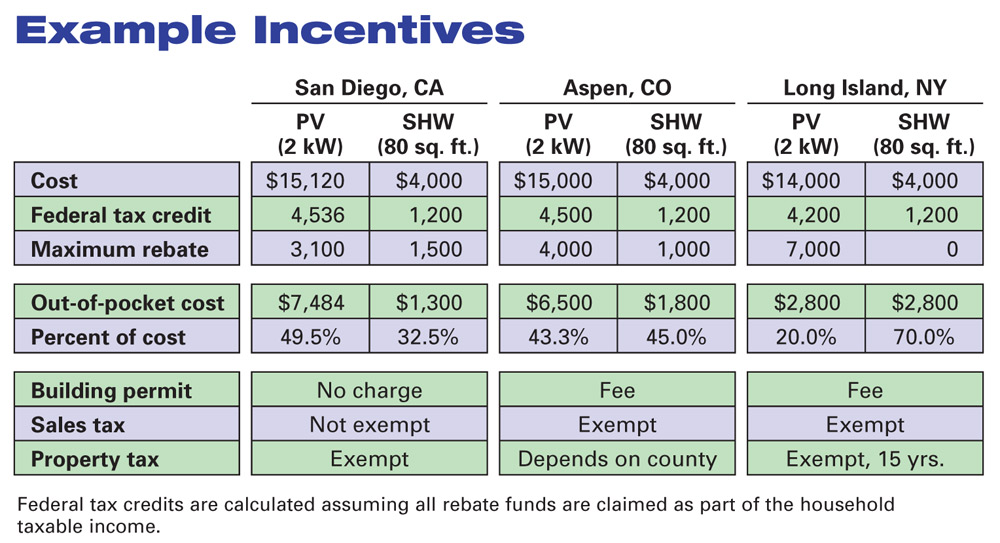Unlocking Solar Savings: A State-by-State Guide to Solar Tax Credits
Table of Contents
- Why 2023 Is The Best Time To Install Solar | Halcol Energy
- National Solar Project Residential Solar Incentives – What is Available ...
- Solar Incentives - Definition | Solar Terms | Sunrun
- Solar Energy Incentives for Homeowners and Farmers
- What are solar incentives and rebates? – The Daily Pretty
- Solar incentive for businesses expanded but the solar incentive for ...
- Solar Panel Incentives - Our World Energy
- Unlocking Solar Incentives Across the United States: A State-by-State ...
- Solar Incentives Guide:Tax Credits and Other - O-Brien Tech
- Explore Solar Incentives and Rebates and Colorado - solarsme - Medium



What is the Solar Tax Credit?



Solar Tax Credit by State




How to Claim the Solar Tax Credit
To claim the solar tax credit, homeowners will need to meet the following requirements: The solar panel system must be installed on a primary or secondary residence. The system must be installed by a qualified solar installer. The system must be operational by December 31 of the tax year. Homeowners must have a tax liability to claim the credit. To claim the credit, homeowners will need to file Form 5695 with their federal tax return, along with a copy of their solar panel system receipt and installation certificate. The solar tax credit is a valuable incentive for homeowners who want to reduce their energy bills and carbon footprint. By understanding the solar tax credit by state, homeowners can take advantage of additional incentives and savings. Whether you're in California, New York, or Texas, there are solar tax credits and incentives available to help you unlock the savings of solar energy. So why wait? Contact a qualified solar installer today to start harnessing the power of the sun and saving on your energy bills.Forbes Home is a leading provider of home improvement solutions, including solar panel installations. Our team of experts can help you navigate the solar tax credit and other incentives available in your state. Contact us today to learn more about how you can start saving with solar energy.
Note: The information contained in this article is for general purposes only and should not be considered as professional tax advice. Homeowners should consult with a tax professional to determine their eligibility for the solar tax credit and other incentives.